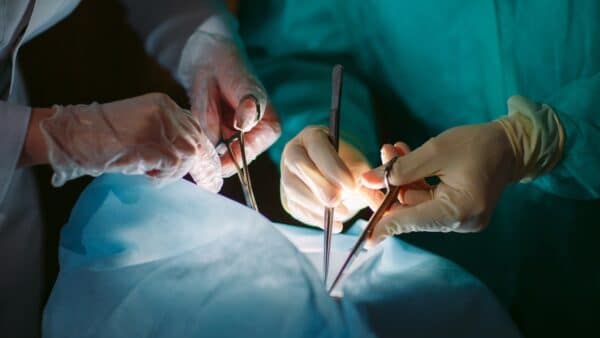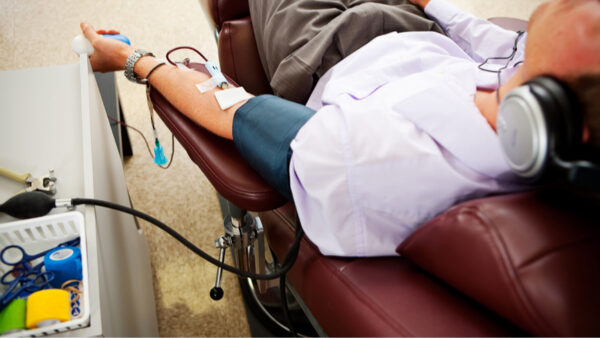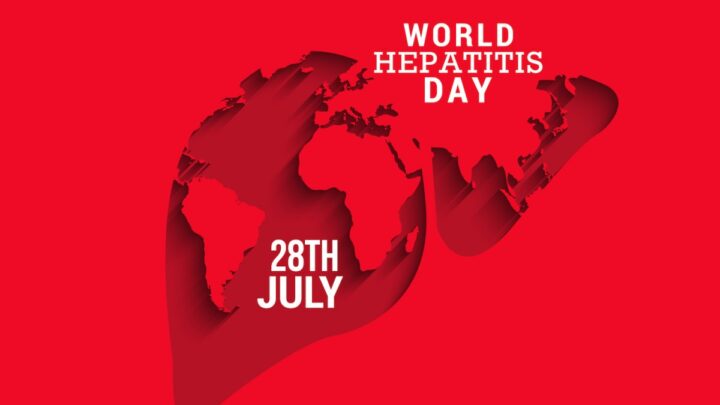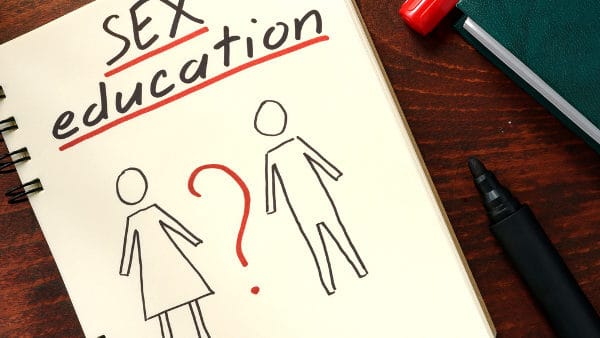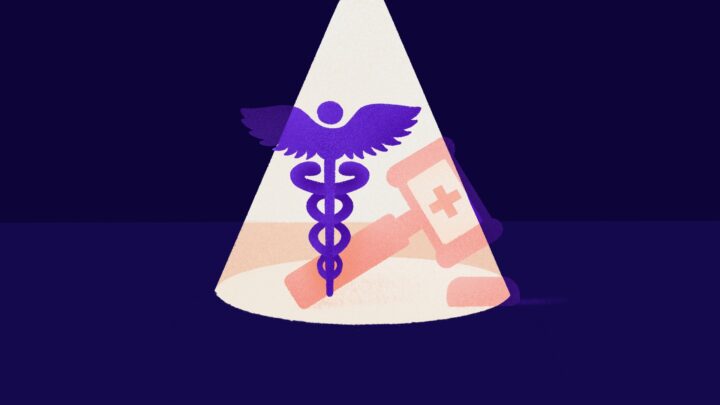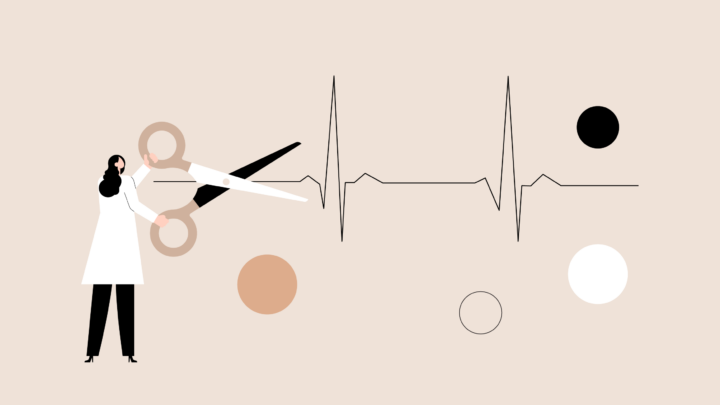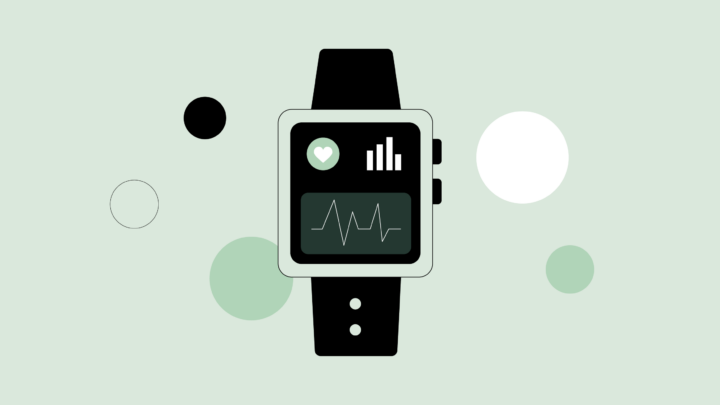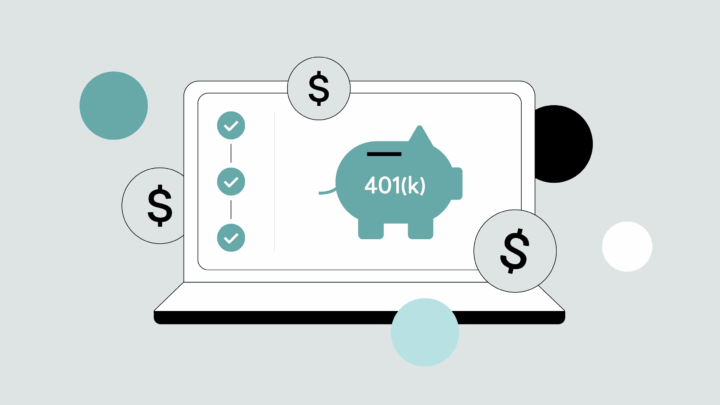
April is Nation Donate Life Month, which consists of regional and national activities to help encourage Americans to register as organ donors and potentially save lives. 116,000+ people are on the national transplant waiting list, but due to the low organ donation rates, 20 people die each day waiting for a transplant.
In order to increase the number of potential organ donors, some countries have adopted a “presumed consent” approach, with a manual opt-out required of all adults who do not wish to be on the organ donor register. In France, for example, in order to opt-out of organ donation, one must register by mail to the national register of refusals. Legislative measures like this take into account the position of the deceased instead of the wishes of the surviving family.
We asked physicians on Sermo, “Do you support automatic enrollment of all adults into the register of potential organ donors?”
Physicians were actually quite split on their responses. However, of the 3573 doctors from 30 countries who responded, a slim majority of 54 percent said ‘no’:
“I think this regulation is not right. After all, it is the family of the deceased who lives on. Against their will, no organ donation should be made. There is still the possibility of obtaining consent to organ donation in an informative conversation. An organ donation made against [the wishes of] the next of kin means further trauma for the survivors. Certainly the cultural background also plays a significant role here, but it should not be underestimated.” – Nephrology, Germany
“I think the position on organ donation should be actively asked and not automatically done.” – General Surgery, Switzerland
“No, I do not support the automatic registration of all adults as organ donors. Everyone must have the opportunity to express their will on this sensitive subject.” – Psychiatry, France
“Having become of age, every citizen should have the obligation to express his choice; to do this it would be useful that some time before, be well educated, with an information brochure (paper or electronic) from the health ministry.” – Dermatology, Italy
However, 46 percent of respondents said ‘yes,’ arguing that that number of potential lives saved by automatic organ registration could not be ignored:
“Yes, it would save many lives.” – Oncology, Italy
“Once you are dead, your organs are of no use to you. Refusing to share them to help others, for whatever reason, is beyond selfish. There should be no exemptions!” – Hospital Medicine, UK
“We are a healing profession. Nobody is taking anything away from you that you are still going to use/need where you are headed next. Let us continue the healing by giving what we can to those who need. Let’s keep saving lives.” – General Practice, Canada
“I think it should be obligatory to donate the possible organs, only an exception should be made in people whose pathology is contraindicated.” – Neurosurgery, Mexico
“We are doctors, and we are conditioned by the profession that influences our way of thinking. We look out for the patient and therefore I will donate everything that can be useful from me to my sick fellows. And I also think that every human being at death, if possible, has to do the same… I respect those who refuse to donate but I do not understand. I would propose that everyone was a donor unless they refused.” – General Practice, Spain
The poll was fielded in January of 2017. 3,573 physicians responded to the poll. The margin of error for the global poll was ±2%.
Are you a physician? Log into Sermo to weigh-in on this public health conversation with other doctors from around the world.
